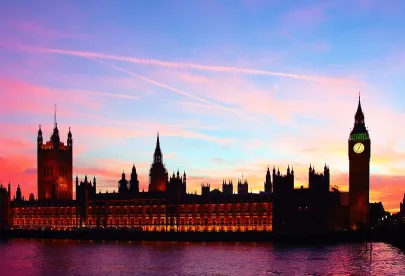The House of Commons Foreign Affairs Committee published a report on the UK’s relations with Russia, which examines sanctions on Russia. The report highlights that “recent developments in both the EU and the US have put the future of the sanctions regime in doubt”. It goes on to add that “as the UK is among the strongest supporters of the sanctions regime inside the EU, its withdrawal from the EU might add weight to the voices of those inside the bloc, who would like to see the sanctions eased or lifted”.
Moreover, the report states, “if the UK is determined to maintain a principled stance in relation to the sanctions on Russia, this may require uncomfortable conversations with close allies. The withdrawal of the existing sanctions should be linked to Russian compliance with its obligations toward Ukraine, and should not be offered in exchange for Russian cooperation in other areas. This approach would avoid ceding moral and legal legitimacy to Russia and departing from UK values and standards. The challenge in this approach is that the practical effect of economic sanctions on Russian decision-making is doubtful. It looks as though it will be increasingly difficult to sustain a united western position on sanctions, not least if they become a bargaining point during Brexit negotiations. The UK faces the possibility of becoming an isolated actor supporting a policy towards Russia that is failing. This could lead to further damage to Britain’s long-term ability to influence Russia.”
The report indicates that the Foreign Affairs Committee has called on the Foreign & Commonwealth Office to clarify how the UK would impose sanctions post-Brexit by March 2018. Readers should take note that the UK government is expected to introduce a bill on post-Brexit sanctions policy in the near future.



 />i
/>i
